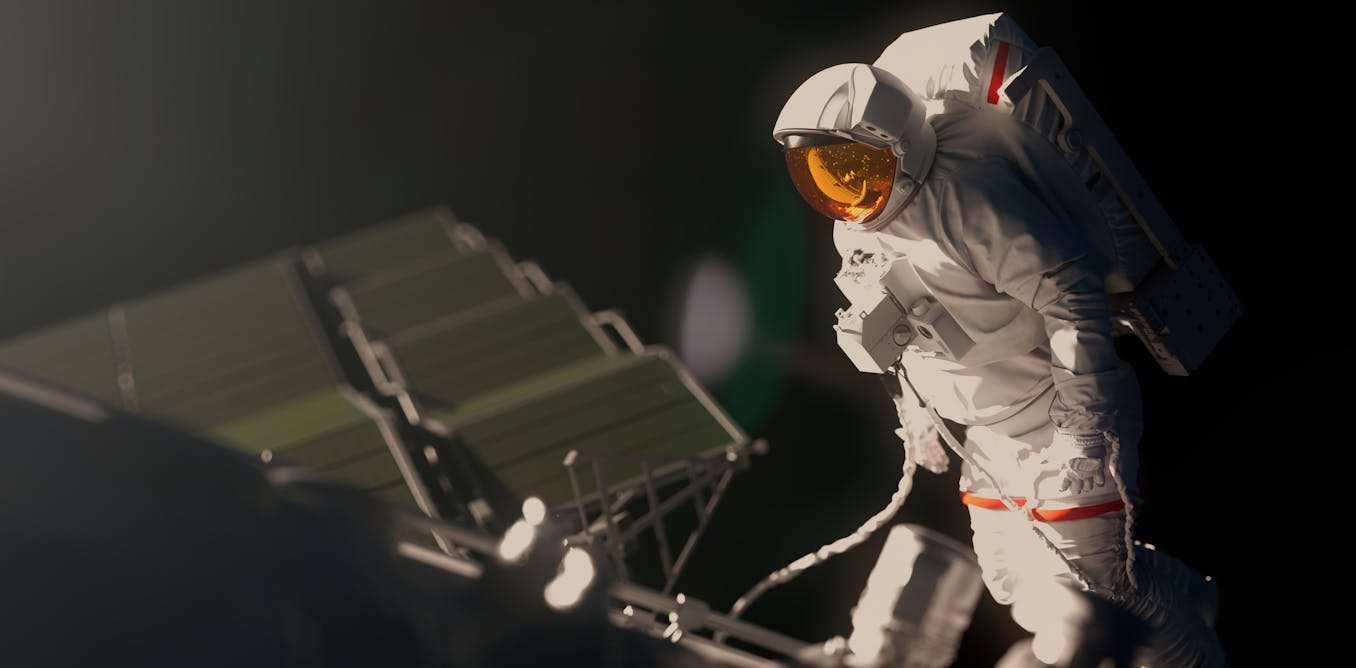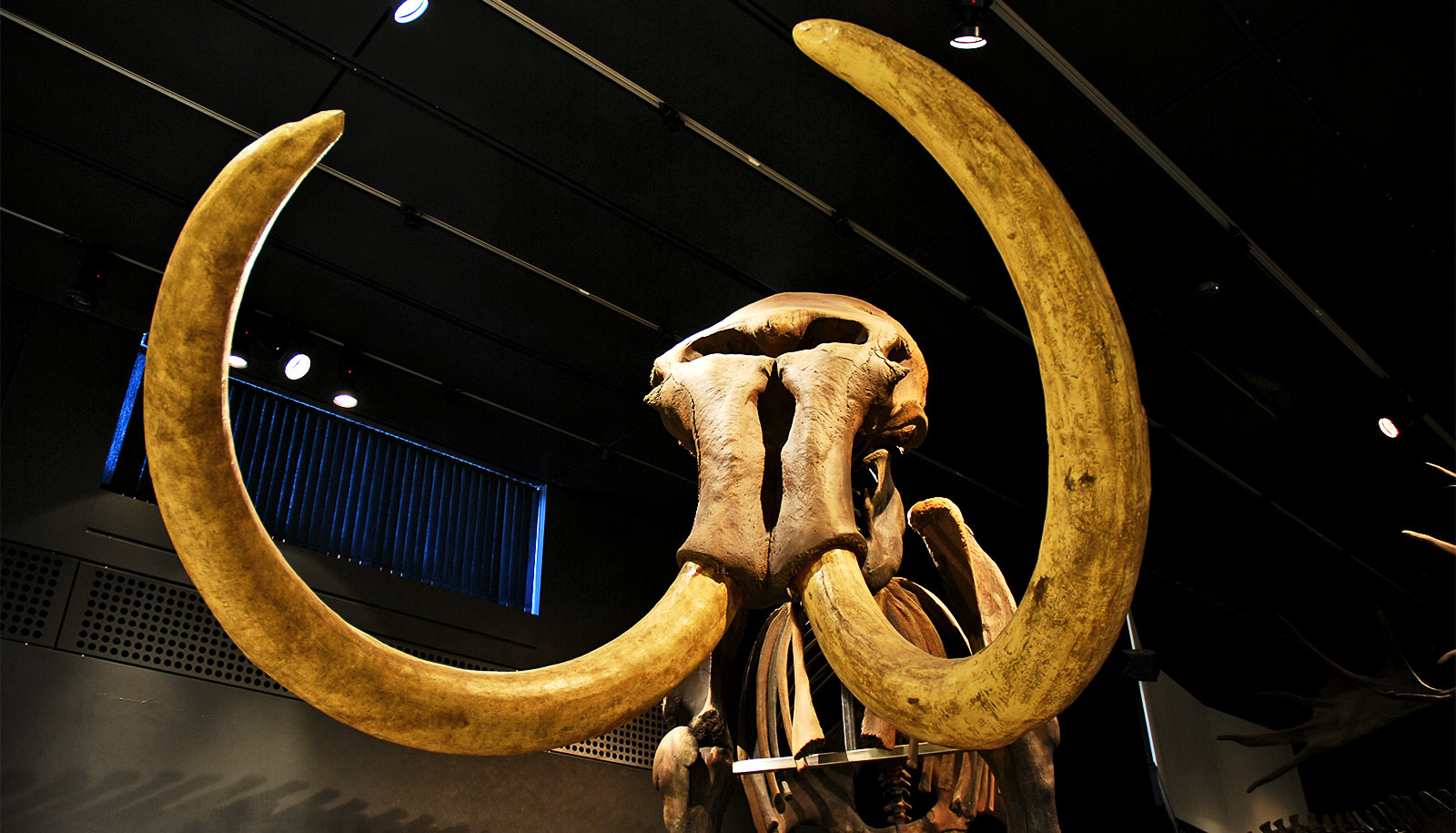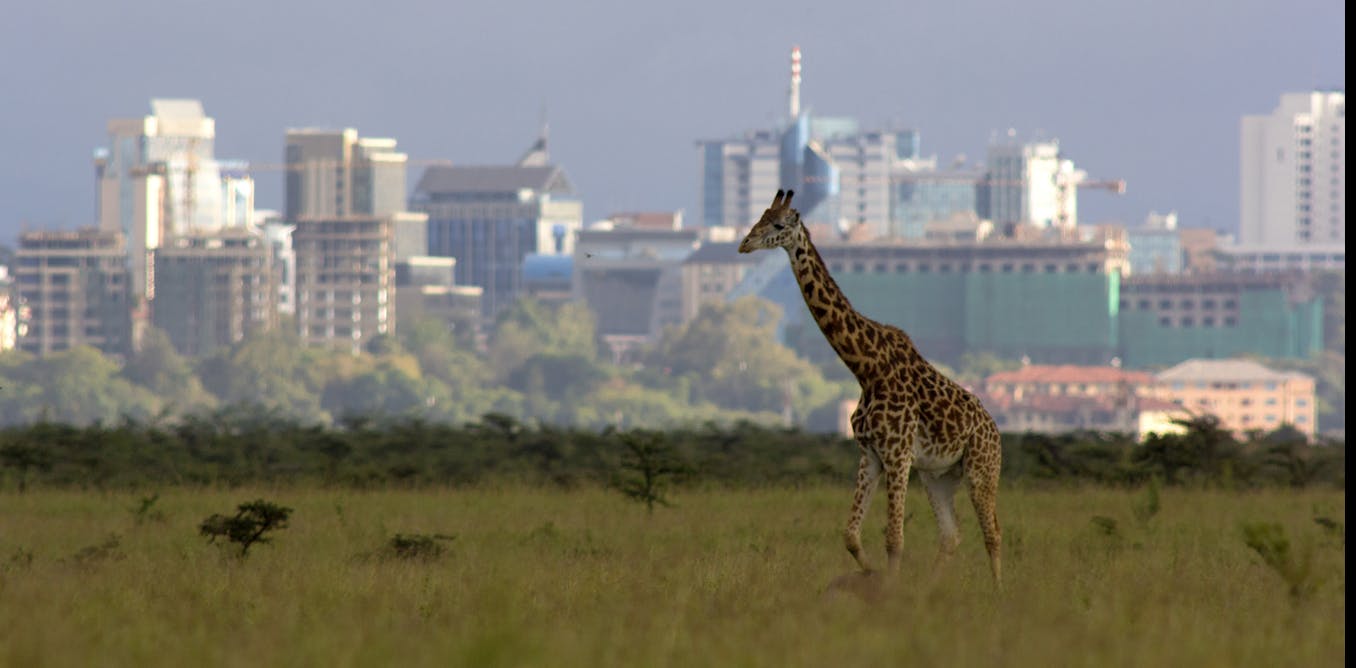Space travel comes with risk − and SpaceX’s Polaris Dawn mission will push the envelope further than any private mission has before
Traveling to space is riskier than many extreme sports − an increase in private missions could mean more civilians taking that risk.
Sept. 6, 2024 • ~9 min










